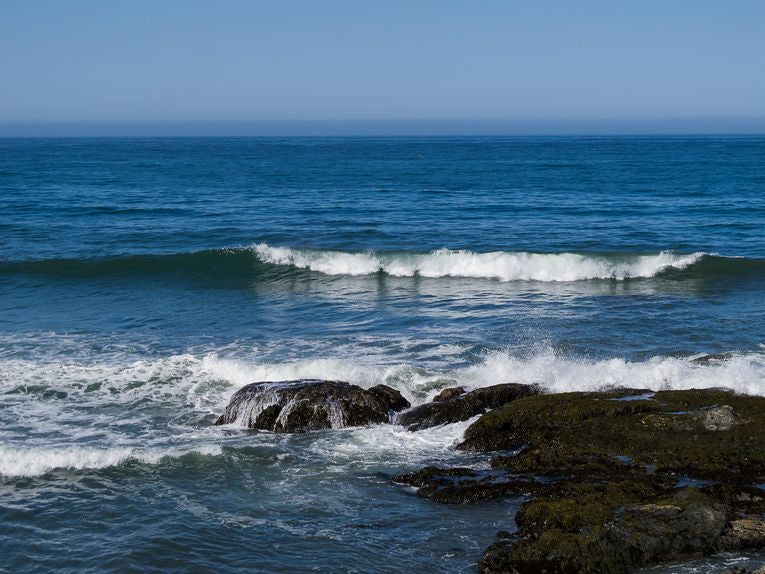Carbon sinks, such as oceans and forests are still soaking up half of the greenhouse gases produced by human activity but for how long?
With countries like the US, China and India producing more and more emissions that warm our planet, some good news on carbon dioxide is long overdue. What seems to be happening is our planet is saving us. Publishing in the prestigious journal Nature, the University of Colorado-Boulder scientists have analysed 50 years of emissions and come to the conclusion that the oceans and ecosystems that act as carbon sinks and eat up the greenhouse gas are not yet at capacity.
The danger in this argument is obvious. Coming from a country that has not recognised the urgency of cutting emissions, scientists may dispute the objectives of the study. However, if by some chance there is collusion with the anti-warming lobby in the US, little advantage would be gained. According to the research the systems are heavily stretched at the moment and certainly can't be expected to absorb any more CO2.
The "carbon sinks" for the gas are plant absorption in the sea and from land plants, especially forests. With a 0.2% concentration generally in the air CO2 has had half its volume absorbed over the whole time scale, which means that much more is being absorbed now than previously.

CO2 Sinks Graph; Credit: © Credit: NOAA
Above: As carbon emissions by human activities have increased (purple), some carbon has stayed in the atmosphere (red) and some has been absorbed by natural "sinks" on land and in the oceans (blue). Natural sinks, including land ecosystems and the oceans, remove about half of the carbon emitted by human activities back out of the atmosphere. Note: The graph depicts CARBON accumulation, which is proportional to carbon dioxide (CO2) accumulation.
Early in hstory, we seem to have had a basic 280 parts per million (ppm) of CO2 in the atmosphere. Now we are rising above 394 ppm. to reach 400ppm by 2016. Basically the graph here helps to show that we have doubled emissions since 1960 but half of the emission has always been absorbed, to date.
Ashley Ballantyne of Colorado-Boulder and Pieter Tans of NOAA are the lead authors, struggling to prove that the natural sinks are keeping up with these increasing rates of emission. "Globally, these carbon dioxide sinks have roughly kept pace with emissions from human activities, continuing to draw about half of the emitted CO2 back out of the atmosphere. However, we do not expect this to continue indefinitely," Says Pieter Tans.
Global warming of course is the result of the increase in emissions, which although halved, still persists in greater and greater quantities. 40 remote sites around the globe were used for the long-term measurements, reflecting global averages of natural CO2 and anthropogenic activities (gas and coal-burning and oil and petroleum-based transport). Pieter Tans again draws more than just the obvious conclusion: "As the oceans acidify, we know it becomes harder to stuff even more CO2 into the oceans," Tans said. "We just don't see a letup." The acid ocean is the polluting source of coral deaths on many reefs. If we lose the world's corals, then the nurseries of thousands of fish and invertebrates will be only a memory. 25% of fish species live in coral reef ecosystems.
The good news is that nature is helping us; the bad news is that carbon sinks can become carbon sources if the current trends continue. That is when we need to really worry.










